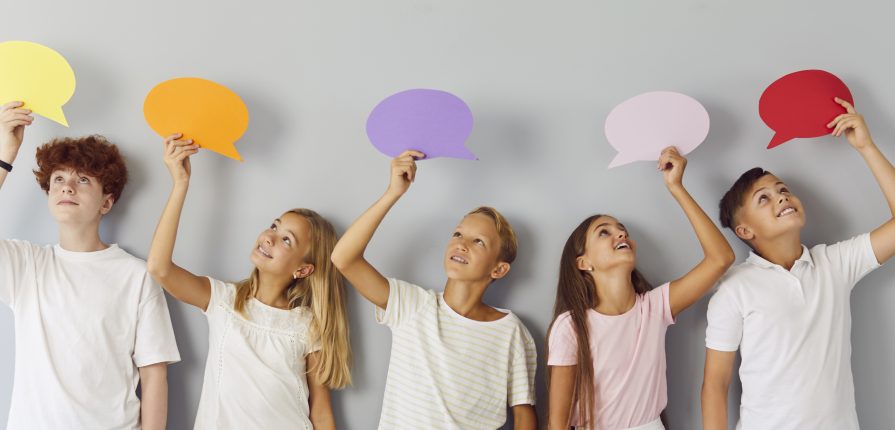In a recent study called “Reconciling Children’s Best Interests and Right to be Heard”, DIPA’s researcher Hege Beate Stein Helland looked into how children’s voices can be heard in public decisions while still making sure they are safe and looked after. You know how the United Nations says kids should have a say in things that affect them? Well, Helland’s research explores how to make that happen while also keeping children’s best interests in mind.
Helland talks about how important it is for kids to have a say in decisions that affect them, like where they live or what school they go to. But it is not always easy to figure out how to let children speak up in decision-making processes while also making sure they are safe, and the final decisions are fair for everyone.
She suggests some ways to make this happen, like making sure children know about their rights, giving them safe spaces to talk, and making sure their voices are taken seriously. She also says we need to learn more about how children can be involved in public decisions that affect them.
Helland looked at different countries to see how they let kids have a say in formal decisions. Some countries let children participate in decision-processes when they are as young as 14, while others do not have a set age. The study found that some countries are better at including kids in decisions than others, and this also depends on how much they focus on the well-being of children.
For instance, Helland also talked about how some countries deal with children’s rights and how children can sometimes be adopted or placed in new families. She says it is important to make sure children’s voices are heard in these situations too.
Helland’s work reminds us that kids are not just ‘mini adults’; they have their own thoughts, feelings, and ideas that should be taken seriously. By listening to them and involving them in decisions, we can create a better world for everyone, where every child’s voice matters. So, the next time you hear about kids’ rights, remember that it is not just about letting them talk; it is also about really listening and making sure they are part of the conversation too.
In our Short Reads series, we publish concise summaries highlighting key points from our latest publications. You can also explore our previous news articles and access the full open-access publications here.

